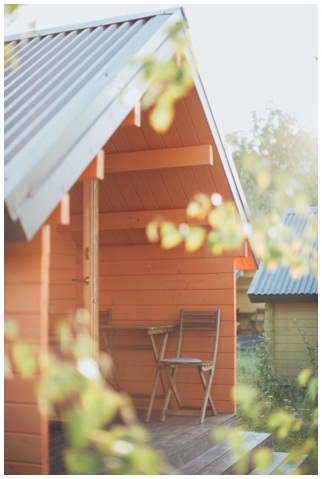
The idea of decentralising cities has become widely discussed in recent years. Technological advances have allowed for offices to perform at a distance, delivery improvements bring services to homes further away from an urban centre, and the prospect of a universal basic income could relieve businesses of the pressure to open in metropolitan areas.
This year, however, the global COVID-19 pandemic has accelerated the high street’s prospective decentralisation faster than many could have predicted. As the UK’s government sought to lower the curve of coronavirus cases, many businesses were forced to close. This led many employees to begin working from home. The technology to allow a business to operate on remote workers, such as reliable video conferencing and cloud-based networks, has been established for some time, however, businesses have typically been hesitant to take on the cost of transitioning. Now that they have been forced to do so, they are likely to continue with the operational design beyond lockdown, making them just one of the initial ways in which our need for high streets is dissipating.
What Will Change?
As a resident who may no longer need to commute into a city, one who can also shop for items online instead of needing to visit a physical store, living close to a high street becomes less important. Food and goods can be delivered, work can be performed at home. However, while technology can support our base needs at home, there are many ways in which it cannot.
Businesses that offer experiences, especially social ones, continue their demand. Bars, restaurants, and cinemas are typically experiences that cannot be easily recreated at home. Residents of a community value shared spaces that improve the local area. Most often, such businesses are found in central areas, such as high streets. That is, until now.
The Garden Business
Community has become a powerful and appreciated word. There is large support for local and small businesses, with campaigns being pushed by major social media networks, such as Facebook, for their survival during lockdown. As many of them close or transition to online services, many have begun recreating them at home, in their gardens. Log cabins are being built into local yoga studios, sheds are being converted into bars, and some are putting on community film nights with a projector beaming onto the side of their house.
Both the struggling high street and the support for smaller, more personal businesses are complementary trends that are leading to a network of garden businesses appearing across the country. This trend is most apparent when visiting local area Facebook pages, which are now filled with advertisements and recommendations for residents who can offer various services, such as supper clubs and language classes.
The Future of The High Street
It’s difficult to predict exactly what will happen over the next few years, especially in the wake of such an unprecedented pandemic. The high street is gradually recovering but, as concerns continue, it seems there is greater support for a decentralised high street, one that, instead, appears throughout our communities and in our gardens, bringing people together and supporting new business enterprise.
